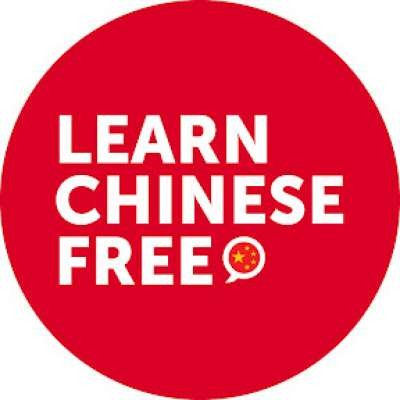- Разработка
- Бизнес
- ИТ и ПО
- Личностный рост
- Дизайн
- Маркетинг
- Красота
- Фотография и видео
- Здоровье и спорт
- Музыка
- Образование
- Подготовка к экзаменам
- Языки
- Работа на компьютере
- Строительство и ремонт
- Кулинария
- Сельское хозяйство
- Фриланс
- ПДД и вождение
- Игры
- Школьное образование
- Профессиональная ориентация
- Шитье и кожевенное дело
- Рукоделие
- Каменные и столярные работы
- Собеседование
- Рыбалка и охота
- Страны
Chinese Verb-ed 了 vs. 过 Explained | Basic Chinese Grammar
https://goo.gl/Fp7DV8 Click here and get the best resources online to master Chinese grammar and improve your vocabulary with tons of content for FREE! ↓ Check How Below ↓
Step 1: Go to https://goo.gl/Fp7DV8
Step 2: Sign up for a Free Lifetime Account - No money, No credit card required
Step 3: Learn with the best online resources and quickly become conversational.
To describe an action that happened in the past, you often see the word 了or 过 or sometimes 过了 after a verb. For example, 你吃了吗?你吃过了吗?They both mean: "did you eat?" or "have you eaten?" Do they have different implications? Yes. And how? Let's all take a close look at them now. Are you ready to improve your Chinese speaking skills?
Our Chinese host gives you easy to understand explanations. This is THE FASTEST way to easily take your Chinese ability to the next level!
■ Facebook: https://www.facebook.com/ChineseClass101
■ Twitter: https://twitter.com/ChineseClass101
■ Instagram: https://www.instagram.com/chineseclass101
Click here to get started with Chinese: https://goo.gl/Fp7DV8
Also, please LIKE, SHARE and COMMENT on our videos! We really appreciate it. Thanks!





















